Attention Deficit Hyperactivity Disorder (ADHD) is a neurodevelopmental disorder that affects millions of children and adults worldwide. Despite its prevalence, ADHD is often misunderstood, leading to misconceptions and stigma. In this blog, we’ll delve into the intricacies of ADHD, exploring its symptoms, causes, diagnosis, and treatment options to foster greater understanding and support for individuals living with ADHD.



